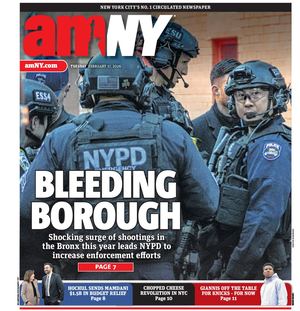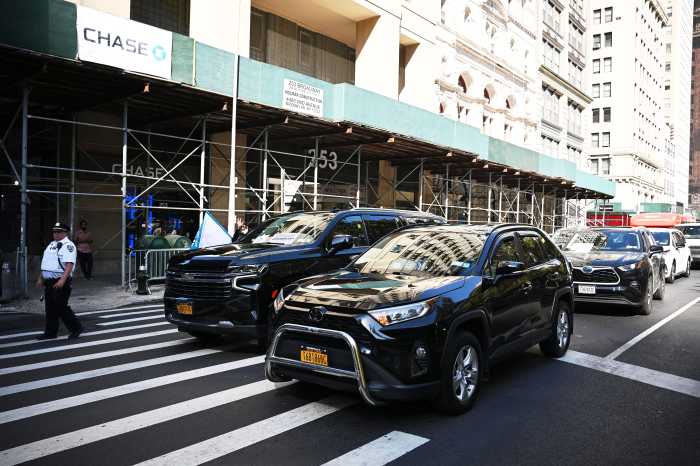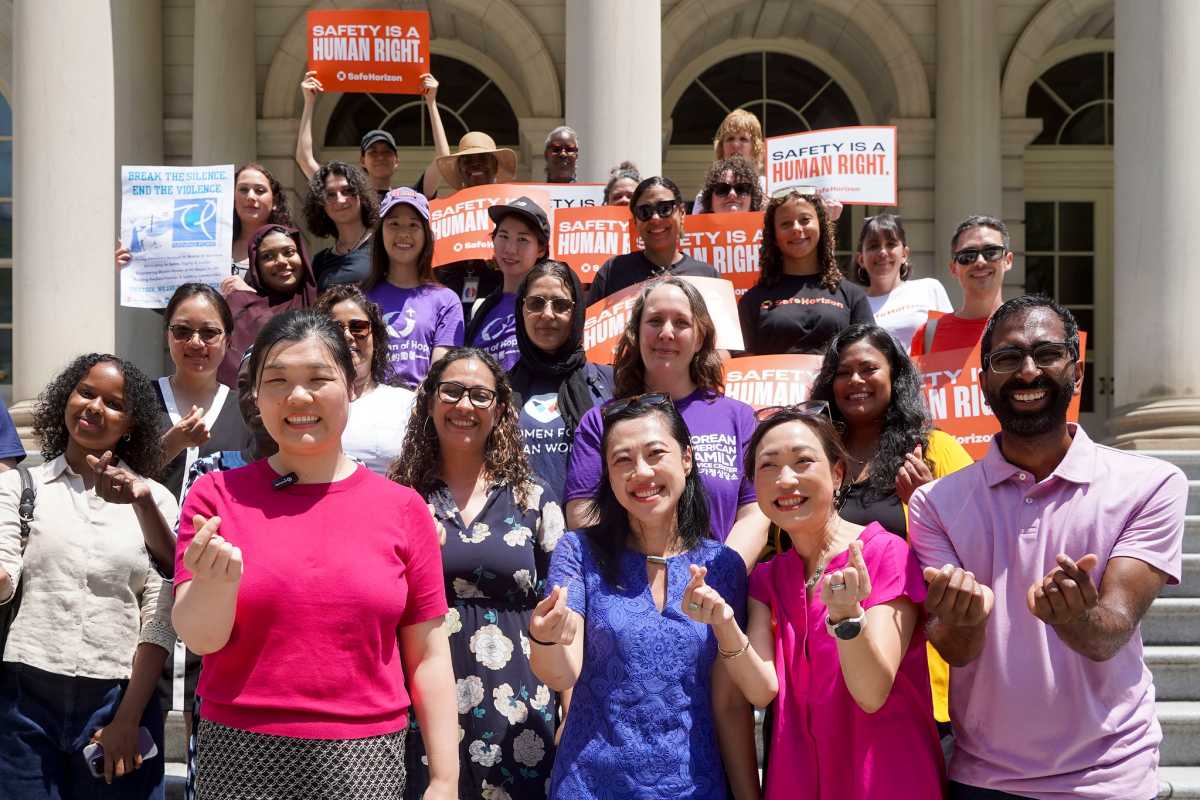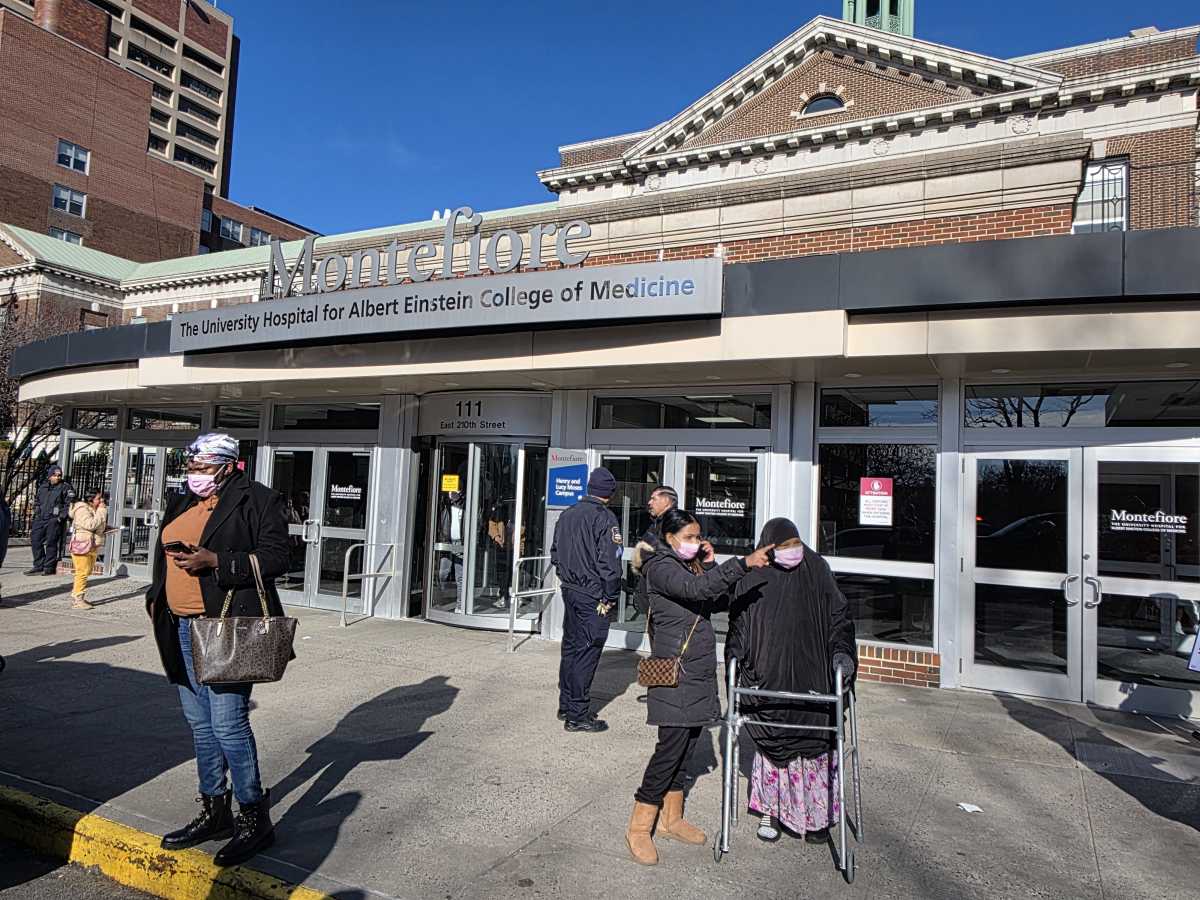Rideshare drivers in New York City, like taxi drivers, earn their keep based on how often they work shuttling riders where they need to be. The more they work, the more they earn.
In working for a rideshare outlet like Lyft or Uber, the driver is responsible for proper conduct and following the rules of the road. They earn a percentage of the fares charged. But one bad decision or mistake can put a rideshare driver out of commission indefinitely.
Through a process known as “deactivation,” a rideshare operator can prohibit one of its drivers from taking on work pending further investigation. Deactivation generally occurs when a customer flags the company for bad behavior on the driver’s part — from reckless driving to harassment and other offenses — or for other offenses such as lapsed licenses or registration.
In the eyes of rideshare operators, deactivation is essential to protecting their own interests because they are legally responsible for their drivers’ actions. Sidelining a driver for a 24-hour period to investigate a report of unlawful behavior prevents the driver accused of it from potentially committing a similar offense.
Yet advocates for rideshare drivers, such as the New York Taxi Workers Alliance, argue that the deactivation process is too arbitrary, lacks a proper due process structure, and can put a driver out of commission for days, if not weeks, based on a mere accusation. The consequences of deactivation can be economically devastating.
The City Council is considering a bill to intervene and set new guidelines for rideshare deactivation. Intro. 276, sponsored by Queens Council Member Shekar Krishnan, would establish requirements that rideshare companies provide two weeks’ notice to a potentially deactivated driver. This would, in the bill’s supporters’ minds, offer an ample opportunity for a driver to form a defense to present to their rideshare company and remain on the road.
Rideshare companies are opposed to the bill. Lyft Chief Policy Officer Jerry Golden argued in a Sept. 22 letter to the City Council that it would impede the company’s ability to immediately halt drivers “for repeated unsafe driving, discrimination, or sexual harassment … placing additional riders in harm’s way.”
Both sides in the battle over deactivation have serious merit to their arguments. The rideshare companies must protect themselves and the public from genuinely bad drivers. But the drivers themselves cannot afford surprise suspensions under a “guilty-until-proven-innocent” environment that can cost them their livelihoods.
It is incumbent upon the rideshare companies and the drivers at large to hash out a fair agreement that provides proper protection without resorting to a legislative mandate that tips the scales out of favor, and may put the public at risk.
Instead, the City Council and Taxi and Limousine Commission (TLC) should facilitate negotiations that bring about a fair deal for all involved.





































